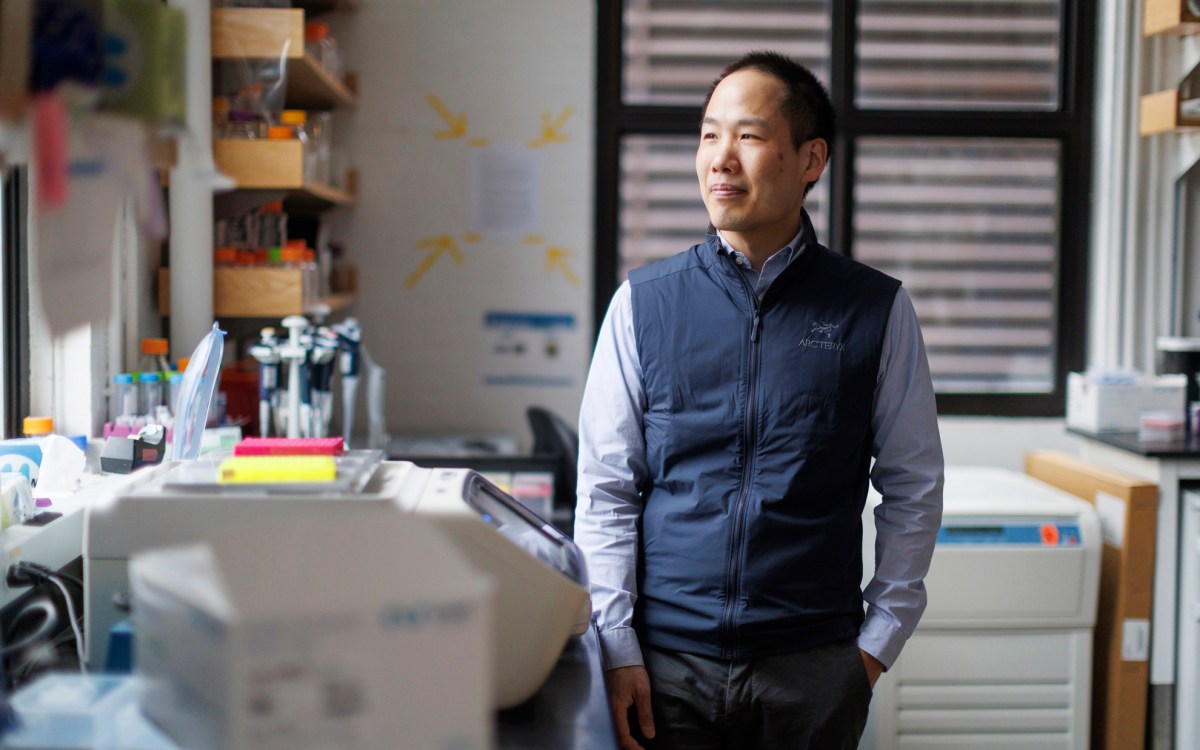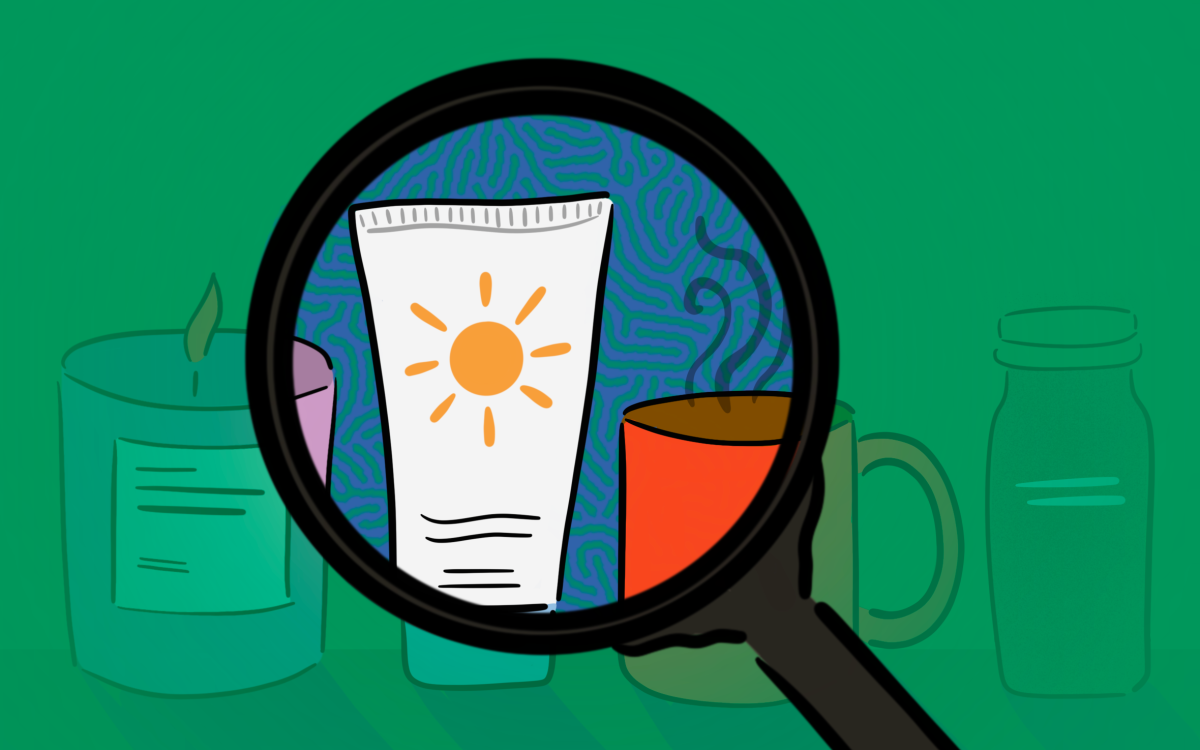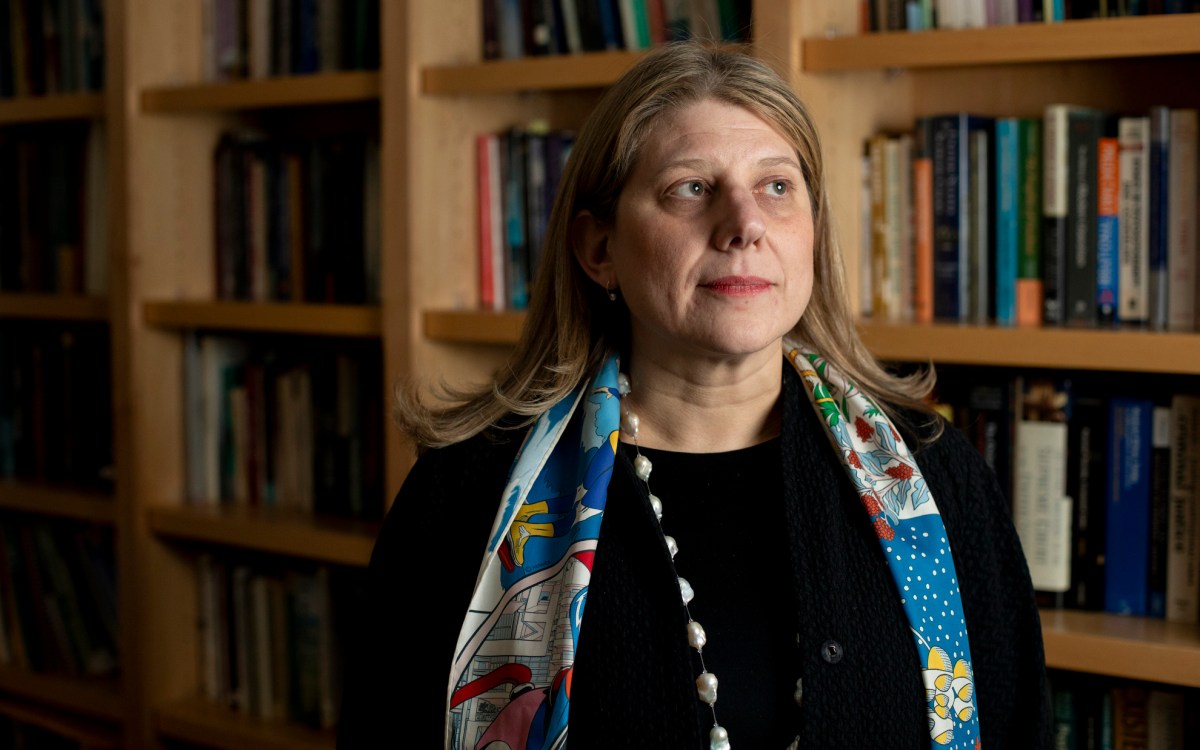Why be kind? You might live longer. (original) (raw)

Illustrations by Liz Zonarich/Harvard Staff
December 5, 2024 1 min read
Take our research-based quiz on biological benefits of being good
Technically, when doing something nice for another person you’re not supposed to think about what’s in it for you. Yet it turns out putting others first is one of the kindest things you can do for yourself. In “The Biology of Kindness: Six Daily Choices for Health, Well-Being, and Longevity,” Harvard’s Immaculata De Vivo and co-author Daniel Lumera explore the scientific evidence that prosocial behavior can unlock longer, healthier, happier lives. We asked De Vivo — who holds posts at Radcliffe, the Medical School, and the Chan School of Public Health — to help us develop the following quiz based on her book.
You might like
Big step toward targeted molecular therapies for cancer
Researchers develop innovative approaches to understand, target, disrupt uncontrollable growth of disease

5 min read
It’s inoperable cancer. Should AI make call about what happens next?
Arrival of large-language models sparking discussion of how use of technology may be broadened in patient care, and what it means to be human
8 min read


